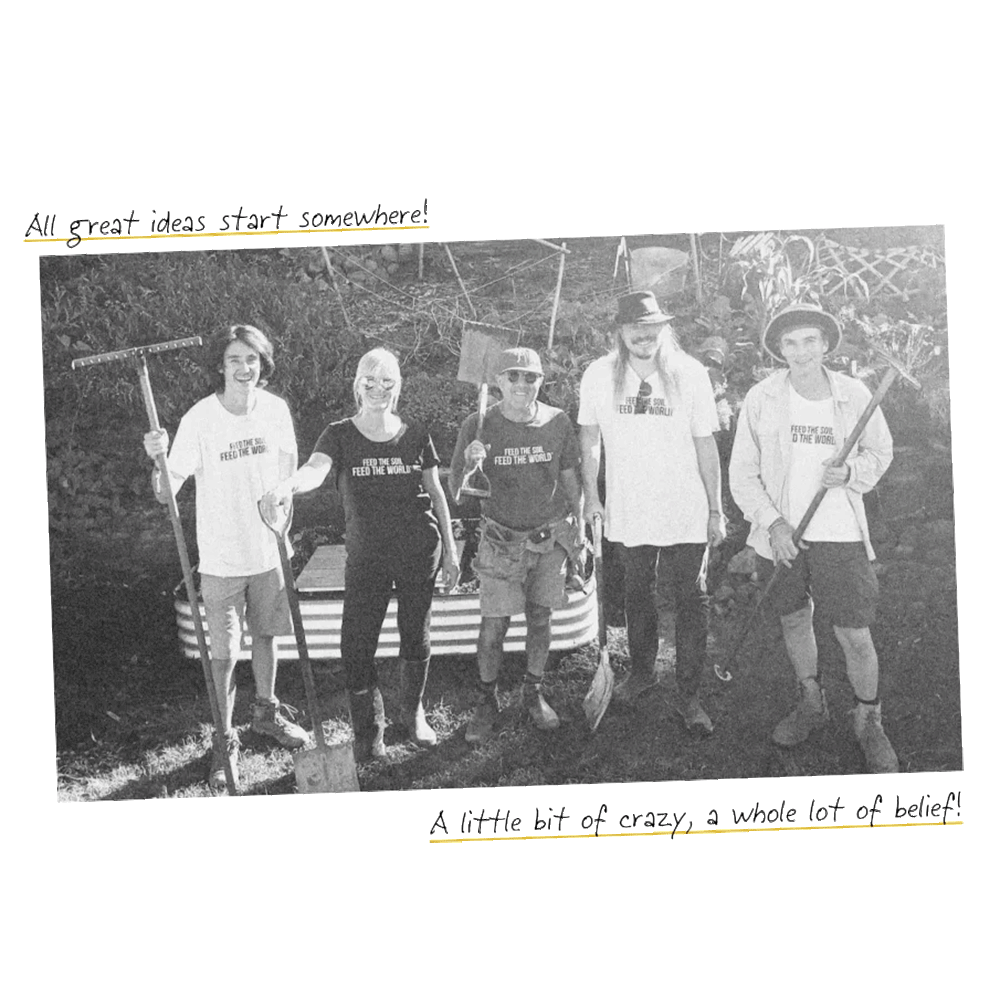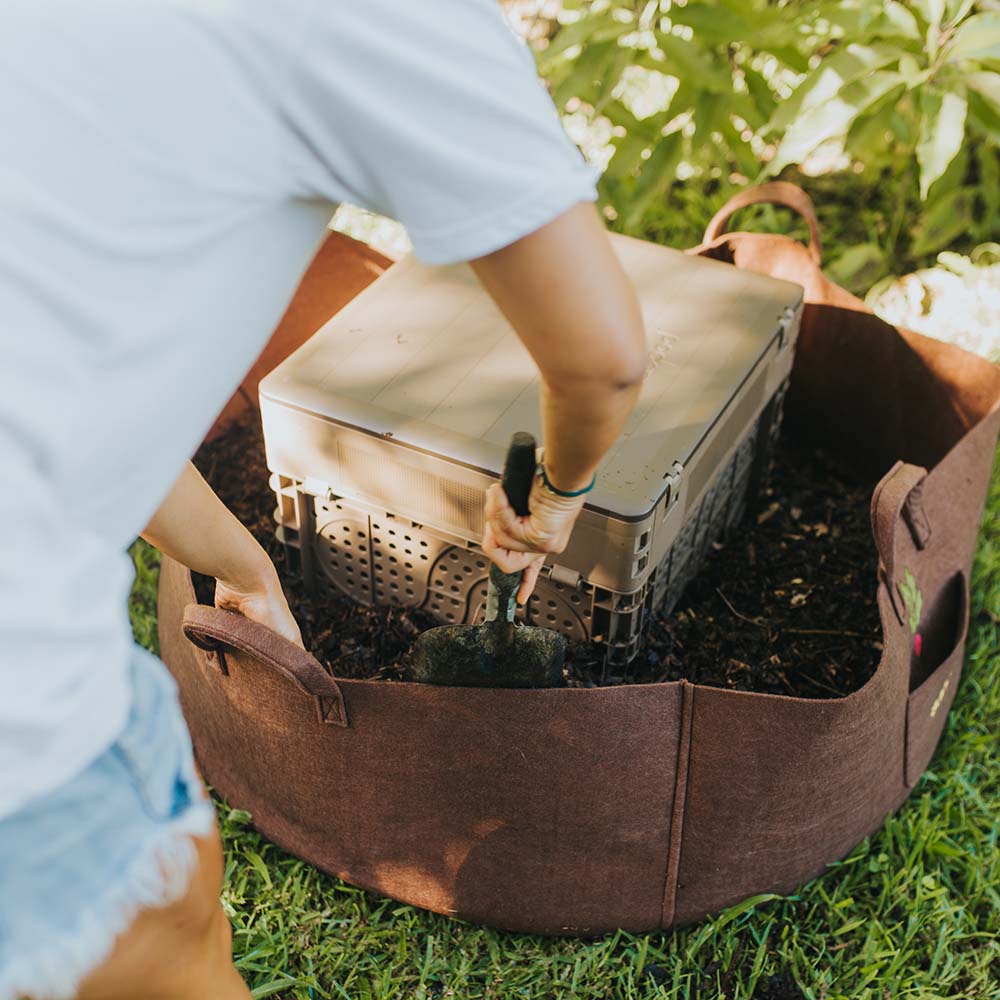Welcome to The Feed! This is where we share good news stories about the environment and composting tips with our community every week. Subscribe to our newsletter to get a short & sweet version of The Feed delivered to your inbox every week!
Is gardening really cheaper than shopping?
There are plenty of reasons to start a garden – including evidence that gardening increases your lifespan and overall life-satisfaction. One of the most popular reasons is that growing your own food is cheaper than buying it. But is that really true?
The answer will vary from person to person. If you’re someone who's happy living off of instant noodles, it might not be cheaper to grow your own food. But for a family, or someone who buys organic vegetables and prioritizes their health, then it can absolutely save you money down the line!
But there are two catches. First, starting a garden can have a big up-front cost. Buying soil, materials for garden beds, seeds, tools and things like that adds up quickly, but the good news is most of those are one-off purchases. Second, there are some maintenance costs involved. Yearly soil top-ups, water, fertilizers, etc. will all end up costing you at some point.
But if you grow the right foods (like tomatoes, potatoes, herbs – especially herbs) you can definitely save money in the long run. It’s all about growing smart, picking the crops that will give you the best bang for your buck, and saving seeds at the end of a season so you can start again for free the next year.
Why your home (probably) needs more trees
We all generally agree that more trees = good. But a lot of us still don’t really understand how trees benefit our day to day lives. Sure, you know they’re important for the planet – but did you know they can help you save on your energy bills?
Trees do a lot more for us than just make the air we breathe – which, hey, no small thing right there. But they also stabilize our soils by gluing them together with sugars they secrete from their roots, and act as buffers against high winds in storms.
We did a little digging, and we found 7 reasons why everyone (who can) should plant more trees around their home. And, yep, reducing your energy bills is one of them!
This week on Dr. Compost
Did you catch this week’s composting Q&A with our in-house scientist, Peter Howard? Composters from Australia, America and the UK jumped online to send in their questions, and we’ve picked out some of the best ones.
Q. Can you compost fruit fly larvae?
A. You can! If you see larvae or suspect fruit flies might have laid eggs in your scraps, just bury them right down at the bottom of your Subpod under a decent amount of compost, and that will starve the larvae of oxygen.
Q. Can worms remove parasites/chemicals from soil and plants?
A. Kind of. Worms are like little farmers, and they farm microbes. By breaking down waste, they create the right environment for microbes to thrive and further the composting process – and microbes are excellent at breaking down chemicals.
As for parasites, if you make a liquid fertilizer from your compost and spray it on your plants’ leaves, the microbes in the fertilizer will act as a barrier to pests and disease, helping to keep your plants healthier.
Q. Is it okay to use bleached/dyed paper and cardboard in my Subpod?
A. It’s best to avoid using glossy papers or cardboards in your Subpod, or anything that’s been heavily chemically treated. That said, a little shredded office paper with black ink on it won’t hurt your worms – and plain white paper is okay too. It’s better to buy unbleached paper if you can, though!
Those are just a few of the questions Dr. Compost helped answer in his 45-minute live on Thursday. He covered things from composting cat pee to setting up a Subpod in autumn, and gave a few tips on how to maximize growing space in a Grow Bed!
Haven't got a Subpod yet?
Check out our easy to use compost systems!






Leave a comment
This site is protected by reCAPTCHA and the Google Privacy Policy and Terms of Service apply.